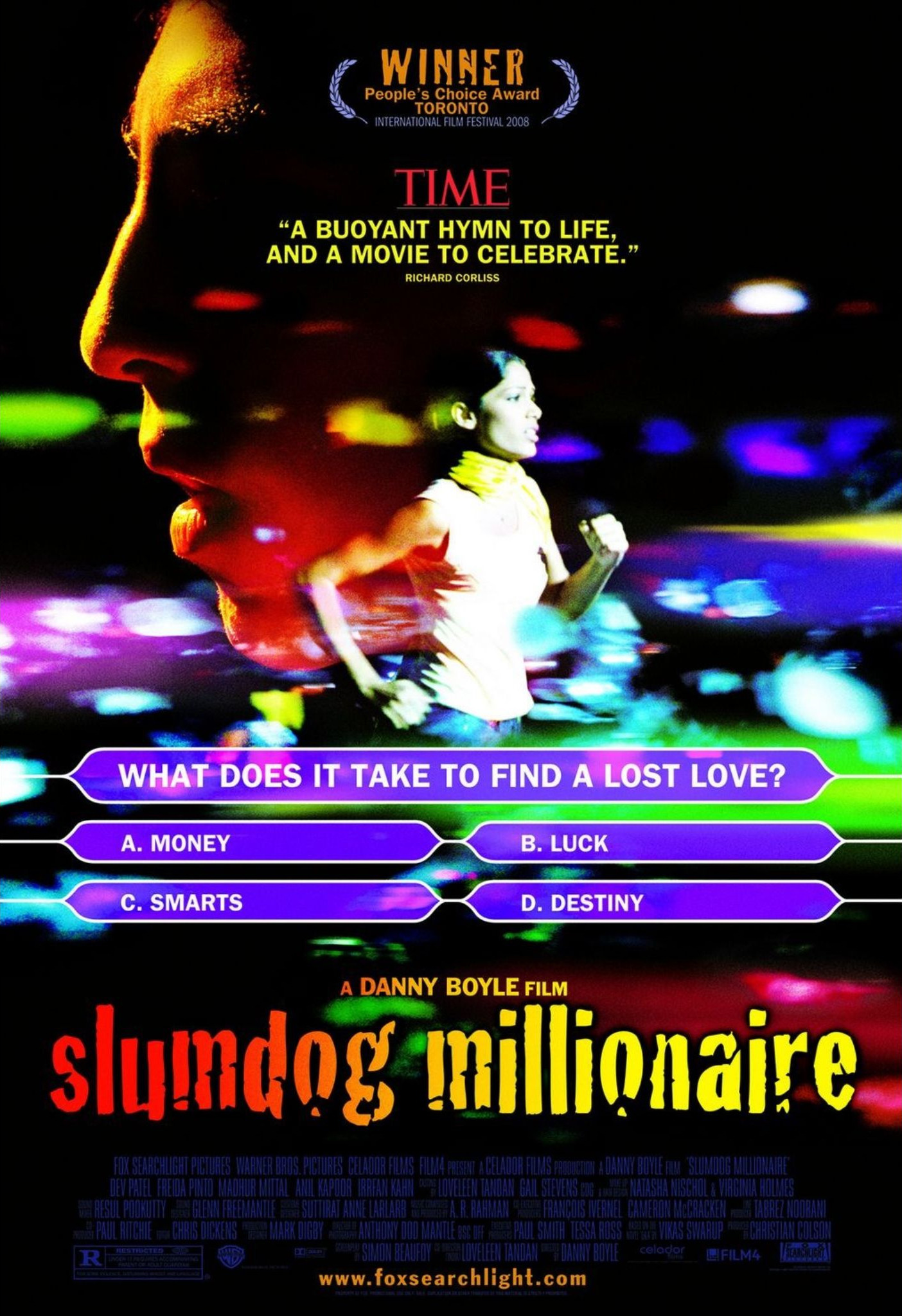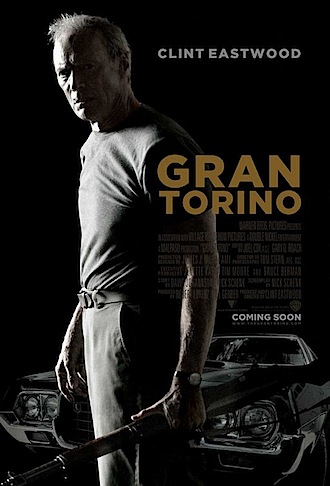Before Jerry Dammers and The Special AKA wrote that song about him in 1983, I didn’t know who Nelson Mandela was. When I bought the record and read the story…
Read More

Welcome to the 2010 “cut out and keep” guide to video renting (or downloading or however you consume your home entertainment these days). I suggest you clip this article, fold…
Read More
After Slumdog Millionaire last week, everything seems kind of old-fashioned. At any other time a film like Milk would stand out from the crowd as an example of quality, thoughtful,…
Read More

Clint Eastwood has been on our screens for over 50 years and at 78 years old he has decided to call it a day and his valedictory performance in Gran…
Read More

In 1997 two young hotshots stunned the film world by winning an Oscar for Best Original Screenplay for their first produced script. Since then, Matt Damon and Ben Affleck have…
Read More
This week’s Capital Times film review, illustrated with gorgeous movie posters.
Read More
